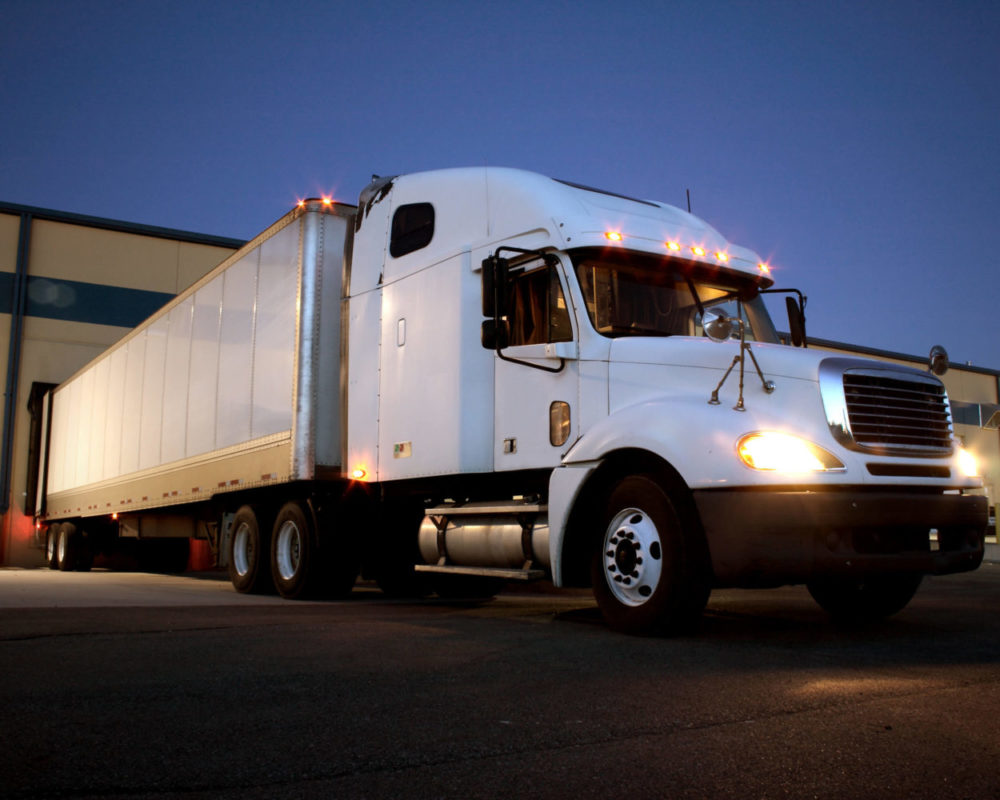For trucks driven in Georgia, the minimum insurance amount is $100,000. Commercial trucks carrying over 12 passengers have to have an insurance limit of $500,000. However, privately owned pickup trucks and automobiles only need a minimum insurance amount of $50,000 per accident and $25,000 per person.
In this article, we discuss insurance requirements in Georgia and some of the coverages you’ll need.
Commercial Trucking Requirements in Georgia
Did you know that the state of Georgia requires commercial motor carriers to follow FMCSA insurance requirements?
While coverage like primary liability is obligatory, others, such as bobtail coverage and physical truck insurance, are add-ons. FMCA and DOT govern the following commercial motor vehicles:
- Intrastate hauling
- Logging trucks
- Construction trucks
- Garbage trucks
- Cement trailers
- Public vehicles
- School buses
- Storage and tow trucks
- Limousines
- Business movers
- Vans for the disabled or elderly
The law in Georgia requires local interstate motor carriers to have at least $300,000 liability insurance per accident. Plus, drivers must obtain their interstate USDOT number if they don’t cross state lines and their trucks weigh more than 10,000 pounds.
In Georgia, injured victims in a truck accident are allowed to join the trucking company and their liability insurer in a separate lawsuit against the company’s insurer. This was put in place so that injured parties would be protected in truck crashes caused by someone else’s negligence.
Moreover, the state government entitles personal injury victims to compensation for their medical expenses, suffering, lost income, and other accident-related costs.
Additional Insurance Coverage Policies in Georgia
Many carriers add umbrella policies providing several million dollars in additional coverage. This can include:
Non-Trucking Liability
Using your vehicle for non-commercial purposes requires you to have insurance coverage. Non-trucking liability coverage protects you in case your truck causes damage to a third party when being used for non-work purposes.
Cargo Insurance
Getting coverage for a vehicle isn’t enough to avoid costly damage or injuries. You need to protect the cargo your truck hauls.
Truck cargo coverage, in this regard, insures the material in the trailer, accessories to secure cargo, and temperature control machinery. The insurance company calculates the coverage based on the shipper’s requirements and what type of goods you haul.
Physical Damage Insurance
Driving a rig carries many risks. The vehicle can be damaged from a disaster or due to an accident. It may get robbed, vandalized, or stolen. Regardless of the reason, damage of any sort can put your business at risk of losing revenue.
Physical damage insurance can help you cover the costly damage your truck sustains due to any unexpected incident.
Summing Up
While insurance policies in Georgia can offer you the same coverage as conventional car coverage, it has major differences. Thus, the given details can help you understand these policies better to maximize the benefits.
Link


